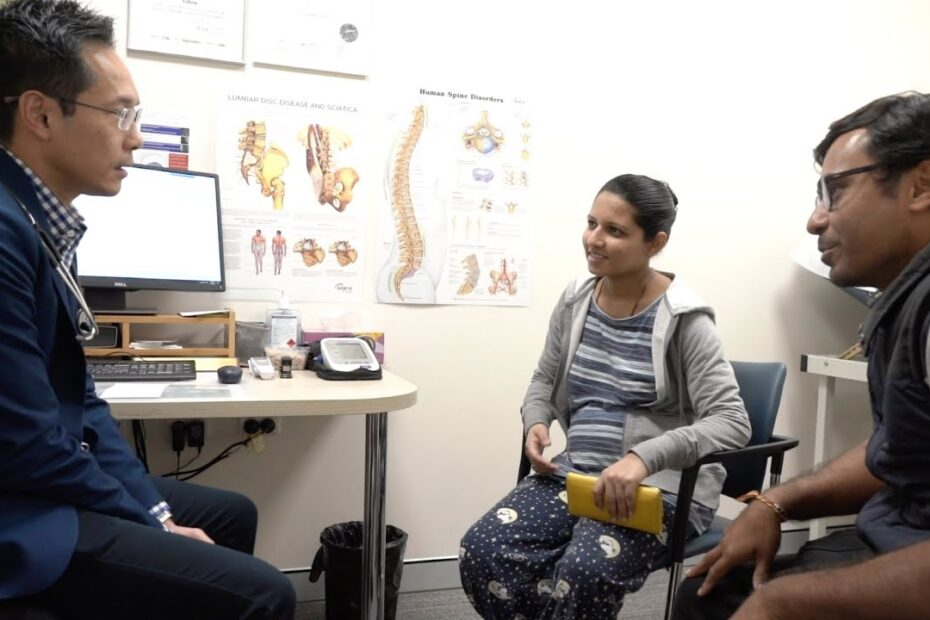What is Primary Healthcare and Why is It Essential for Global Health?
Picture primary healthcare as the Swiss Army knife of medicine—it’s the first line of defense when your body decides to throw a tantrum. It’s where you go for vaccines (aka “stabby hugs”), Band-Aids for questionable life choices, and advice on whether that rash is “definitely just a rash” or the start of a zombie apocalypse. But beyond patching up skateboard-induced knee disasters, primary healthcare is the glue holding global health together. Without it, we’d all be Googling symptoms at 3 a.m. and debating if coconut oil counts as surgery.
Why Your Grandma’s Nurse Practitioner is a Global Health Hero
Primary healthcare isn’t just about stitching wounds or diagnosing why your cat’s sneeze sounds like a kazoo. It’s the backbone of preventing chaos. Think of it as teaching entire populations to fish (metaphorically, though real fish lessons might reduce malnutrition). By focusing on prevention—like vaccines, education, and early disease detection—it stops pandemics before they start. Otherwise, we’re just playing viral Whac-A-Mole with a foam hammer.
- Vaccines: Because “natural immunity” is overrated when smallpox is involved.
- Education: Explaining that, no, drinking bleach isn’t a trend.
- Chronic disease management: Helping Aunt Linda’s diabetes not turn into a salsa-dancing competition with death.
The World’s Most Underappreciated Pyramid Scheme
Primary healthcare is the base layer of the global health pyramid (minus the suspicious emails). If it crumbles, so does everything else. Hospitals get swamped with sniffles, costs skyrocket like a Bitcoin meme, and health inequities widen faster than your jeans after Thanksgiving. Investing in primary care is like buying toilet paper before a crisis—it’s not glamorous, but oh boy, you’ll miss it when it’s gone. Plus, it’s cheaper than building a spaceship to outrun antibiotic-resistant superbugs.
In short, primary healthcare is the unsung hero that keeps humanity from becoming a dystopian movie plot. It’s essential because, frankly, someone needs to remind us that kale won’t cure COVID and that WebMD’s “sinus infection” is rarely “actual demon possession.”
The Challenges and Benefits of Strengthening Primary Healthcare Systems
When Your Clinic’s Budget Has More Holes Than a Swiss Cheese
Let’s address the elephant in the waiting room: money (or lack thereof). Strengthening primary healthcare often starts with grand visions of shiny clinics and well-stocked pharmacies—until someone remembers the budget is thinner than a Band-Aid left in a rainstorm. Governments and NGOs face the Sisyphean task of securing funds while competing with flashier sectors like robot surgery or AI-driven “wellness apps” that tell you to drink water. Then there’s staffing shortages, where recruiting general practitioners feels like convincing cats to swim—*possible*, but met with intense suspicion.
The Paperwork Hydra and Other Mythical Beasts
Ever tried untangling Christmas lights? That’s the administrative complexity of revamping primary care. Between byzantine regulations (looking at you, insurance forms), tech upgrades that crash more than a toddler’s toy car, and communities who’d rather trust “Dr. Google” than an actual nurse, progress can feel like herding goats in roller skates. And don’t forget cultural resistance—explaining preventive care to someone who believes chili oil cures everything is… an adventure.
But Wait, There’s a Glimmer of Hope (and Savings)!
Here’s where the magic happens. A robust primary healthcare system is like a ninja squad for public health:
- Preventive care that’s cheaper than a Netflix subscription: Catching hypertension early? That’s 10x cheaper than ER drama later.
- Community trust thicker than grandma’s chicken soup: Consistent care means fewer people showing up at hospitals demanding “essential oils for appendicitis.”
- Economic ripple effects: Healthy workers = fewer sick days = productivity levels that make coffee jealous.
The Grand Finale: Chaos, Cookies, and Unexpected Wins
Yes, the road to better primary care is paved with potholes, burnt coffee, and the occasional existential crisis. But imagine a world where clinics have enough bandaids, doctors aren’t mythical creatures, and “wellness influencers” stick to yoga poses instead of diagnosing rashes. The payoff? Healthier populations, fewer midnight Googling spirals, and a system that—when it works—feels like finding fries at the bottom of your takeout bag. *Sweet, salty victory.*
